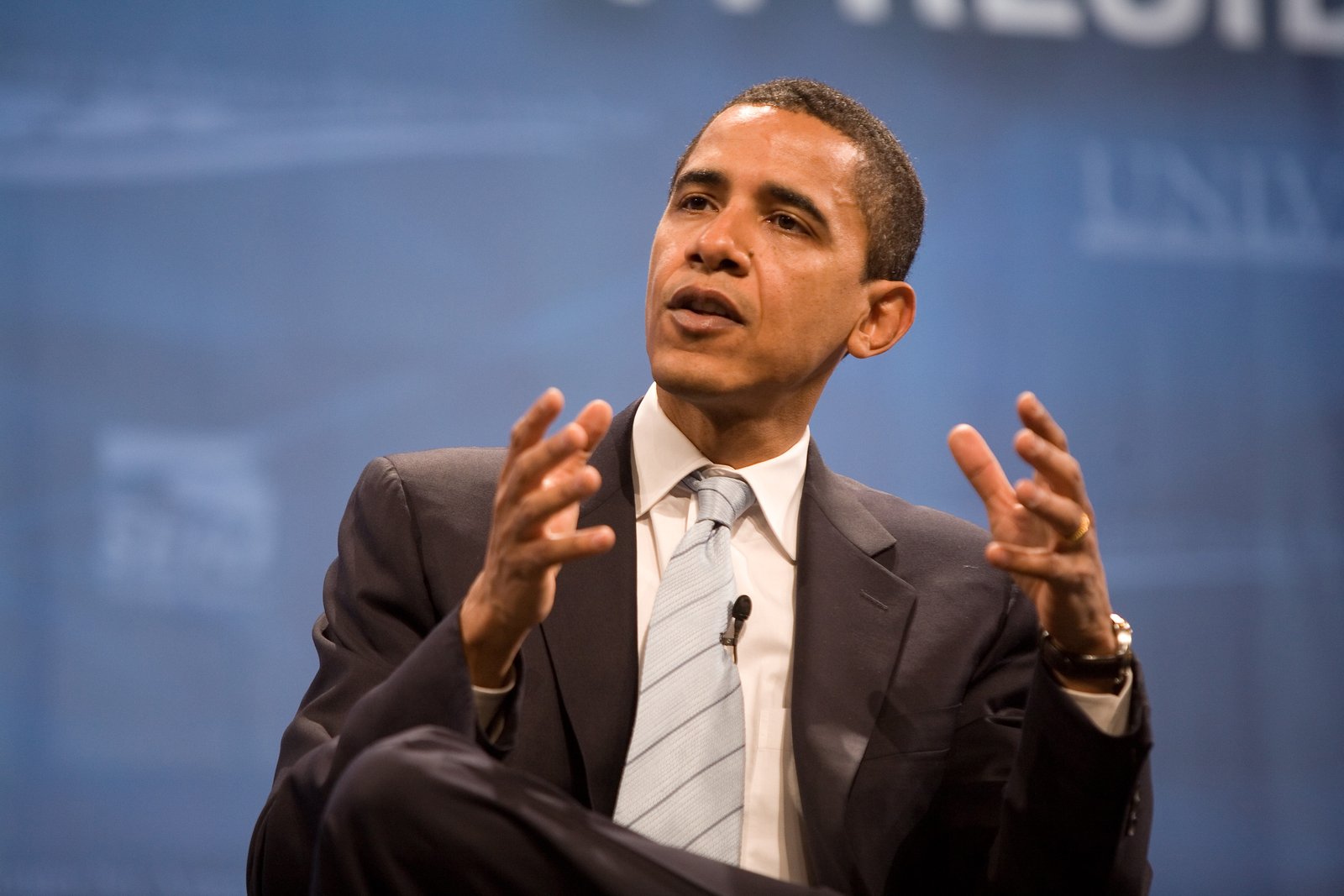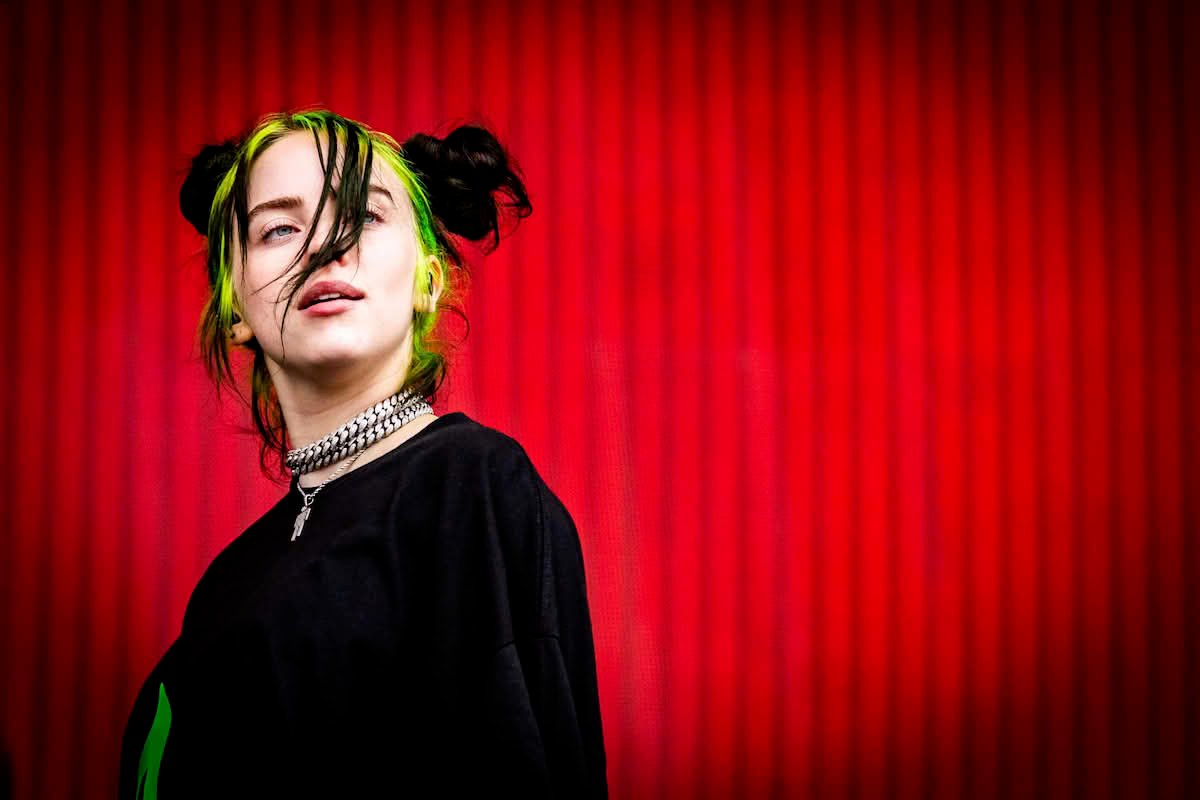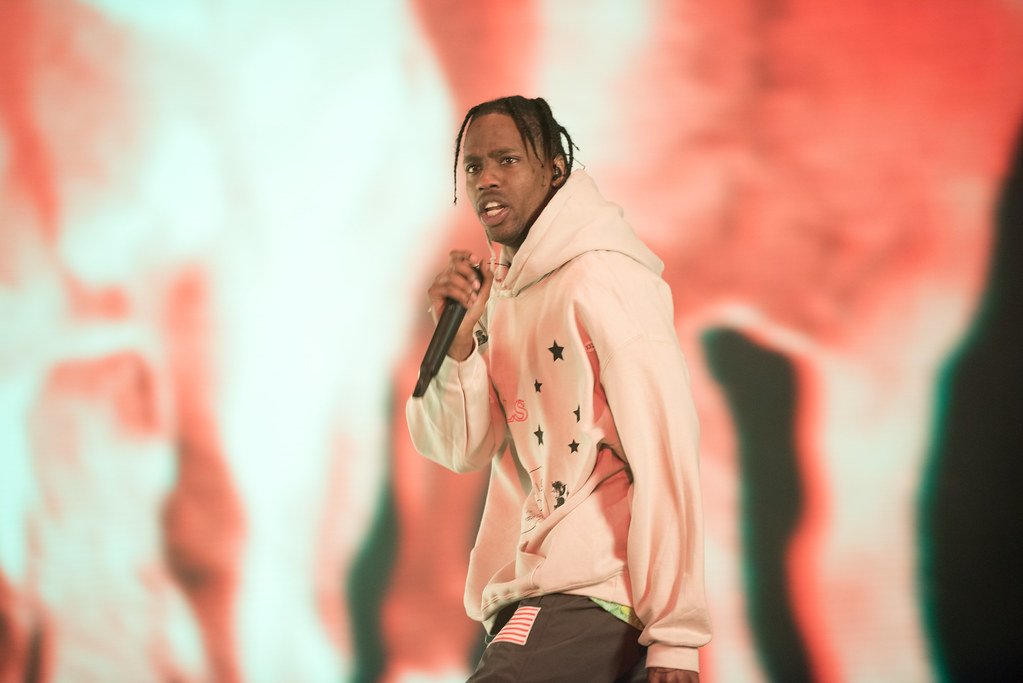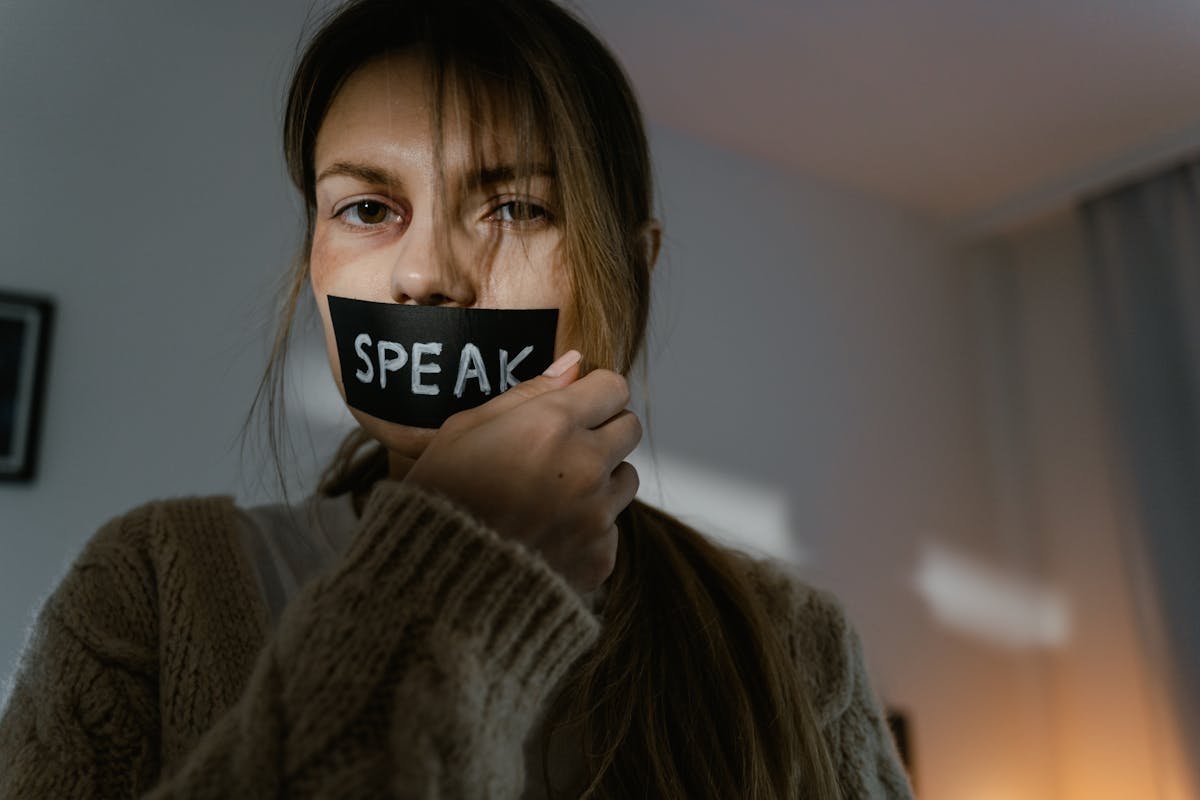Why “Kids Can’t Change the World” Is Dead Wrong — Youth Activism and Its Real Power in 2025
Human Rights & Social Issues / Date: 05-30-2025
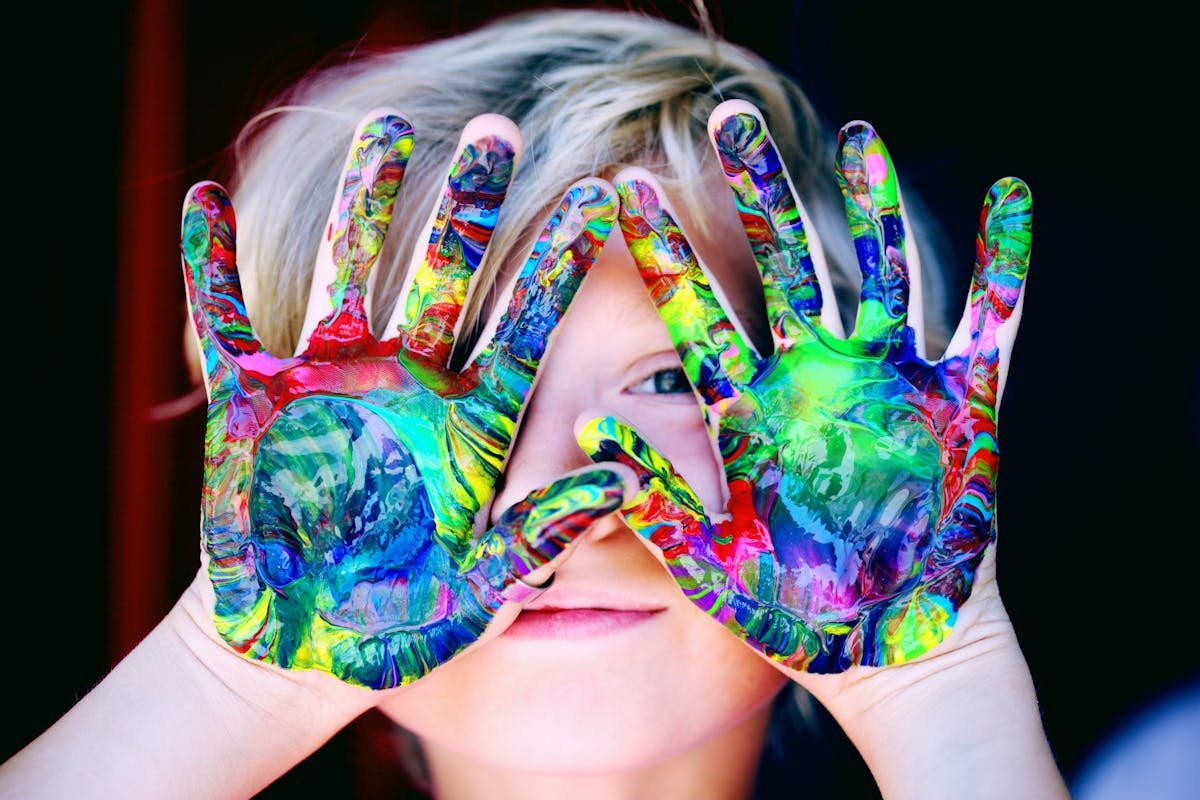
They said they were “too young to understand politics.” They said protests are for adults. They said real change happens in boardrooms, not TikTok comment threads.
Well… they were wrong. Dangerously wrong.
In 2025, youth activism isn’t a feel-good side story—it’s the engine driving global human rights reform. From climate justice in Brazil to LGBTQ+ rights in Eastern Europe, under-25s are not just showing up. They’re organizing, disrupting, reshaping entire national policies, and, yes, even embarrassing global leaders into action.
In this article, we’ll get into:
- Why the belief that young people are powerless is outdated—and frankly lazy.
- A stunning example of a teen-led influence that happened in real life and made it to the UN floor.
- What activists, governments, and schools must start doing differently if they want to keep up.
Ready for a reality check? Let’s dive in.
Youth Are Just Idealists? Not Anymore—They’re Legislative Architects
![]()
For decades, adults have painted youth activism as emotional, impulsive, and doomed to fail. Just signs and slogans, right?
But that’s not what the 2024 Amnesty International Youth Pulse Report showed. After analyzing over 1,000 campaigns between 2020 and 2024, it found that movements led by activists aged 15–24 had a 32% higher policy engagement rate than adult-led initiatives. Why? Simple. Youth campaigns used decentralized models (think Discord and Telegram), outpaced bureaucracies, and brought issues mainstream before the media even blinked.
Take #BanDigitalBullyingNow, a campaign started in 2022 by high schoolers in South Korea. In less than 18 months, it forced the Ministry of Science and ICT to launch a national regulation framework for AI-powered harassment on social media. That’s legislation… created by a meme page.
Here’s the twist: idealism didn't fade. It just got sharper, louder, and laser-focused. And unlike traditional lobbying, it doesn’t wait for permission.
How A 17-Year-Old From Nairobi Took On Facebook—and Won
Meet Faith Mugambi. A Nairobi teenager who, after losing a friend to suicide caused by cyber-hate, launched the “Data Doesn’t Delete the Damage” campaign in 2023. Her idea? To pressure Meta into addressing hate speech algorithms on Instagram that targeted marginalized African teens.
At first, no one listened.
So she turned to a podcast. Then a Discord server. Then she launched a digital petition translated into 11 languages. It went viral—fast. By late 2024, she was invited to speak at the UN Human Rights Council’s Special Session on Digital Ethics.
Here’s where it gets wild: that testimony helped push the UN to recommend real-time content moderation policy standards for platforms operating in Africa. In early 2025, Meta quietly rolled out changes to its Nairobi content moderation algorithm. They didn’t name her. But we all know.
A 17-year-old. No office. No salary. No gatekeepers.
The bottom line? Global change doesn’t always start in Geneva. Sometimes, it starts in a Nairobi café with free Wi-Fi.
The Tactics That Work—And Why Most Adults Can’t Keep Up
1. They Hack Systems, Not Just March
Gen Z doesn’t wait for permits. They create GitHub repositories, encryption guides, and anonymous tip platforms that track abuses in real time. In Belarus, 2024’s youth-led “Freedom Ping” initiative used a decentralized app to log human rights violations—right under government firewalls.
The lesson? It’s not protest signs that scare regimes. It’s open-source code that exposes them.
2. They Own the Digital Stage
While traditional NGOs beg for press coverage, youth movements are the press. Activists like Sofia Khalil (@speak4freedom) and David Nomusa (@JusticeJunkie) hit 3M+ combined followers in 2024—surpassing many legacy news outlets in reach. These kids don’t need to “break the news”—they are the news cycle.
Side note: if you’re a policymaker still relying on newspapers to gauge public mood… buckle up.
3. They Build Community Before Crisis
One big reason youth campaigns succeed? They don’t just show up after injustice. They build networks ahead of time—fan clubs, study groups, niche subreddits—that become instant mobilization platforms.
During the 2023 Iranian schoolgirl poisonings scandal, youth activists from Tehran to Toronto turned K-pop fan forums into emergency info hubs. Weird? Maybe. Effective? Oh, absolutely.
So, What Needs to Change?
Let’s skip the patronizing “support the youth” fluff. Here’s what actually works:
Schools Must Teach Rights as Tools, Not Just Topics
Too many curriculums treat human rights as moral theory. That’s a joke. Students should be taught in schools how to legally organize, contest a city ordinance, and file a UN complaint. Finland’s 2024 “Civic Hacking” pilot course is already producing 14-year-olds who can quote the Geneva Convention better than their own mayors.
NGOs Need to Hire—and Listen—to Young Leaders
Youth boards aren’t PR stunts. They’re strategic assets. A 2025 panel at the Global Justice Conference revealed that organizations with under-25 members in executive roles had 2.5x greater social media engagement and 41% better donor conversion from digital campaigns.
But here’s the dirty secret: most adults don’t like giving up power. Too bad.
Governments Must Recognize Digital Protest as Legitimate Expression
In 2023, the Indonesian government criminalized “hashtag organizing” under public disorder laws. A 2024 legal challenge—backed by 19-year-old law student Amina Yusuf—got it overturned in the Constitutional Court. Result? Hashtag campaigns are now recognized as constitutionally protected protest methods.
Follow Us
Newsletter
Subscribe to our newsletter to stay updated with our latest news and offers.
We respect your privacy.Trending

